Clearly, voting in America was formerly viewed as
a citizen's duty … as well as one of our basic rights. The system
depended on citizens taking an active role in electing their
representatives … to make sure that these representatives truly
represented their constituencies … and not just themselves (as the
world of politics can so easily become).
But just as so much of the idea of
American citizenship has become over the years … the duty part has
dropped away, leaving only the basic rights part of voting still
standing in Americans' understanding of things. And as such, every
effort has been made to make this right as trouble-free as possible …
so it no longer feels like something of a duty.
This in turn has caused a huge debate to
develop. It's well known that some people are more likely to vote than
others in any election. And this difference in level of citizenship
action has tended to favor Republicans over Democrats. Thus the
Republicans have been in no hurry to see voting made ever easier and
easier for those who otherwise would not bother to vote, whereas this
is has become matter of urgency for the Democrats. They need the votes
of the stay-at-home types in order to win elections. Thus "voter
reform" is a hot political issue!
Trump actually made it that hot issue in
the 2020 elections … claiming high levels of voter fraud because some
states had made voting so easy that there was no way of checking to see
who voted and if they voted properly. Trump was hardly able to make his
case that he lost the election because of such voter fraud. But it did
leave the question still standing as to how indeed do we see that dead
people don't vote (as they have been known to do in the past!) or that
people do not vote in two different districts, or that other people
don't vote "for them" in mailed-in ballots. So Republicans want the
voting system tightened up, at least security-wise.
Democrats – including Biden – complain
that moves to tighten voting laws is just racism come back to life in
the form of "Jim Crow on steroids" (his words) … especially as it was
Georgia that took to being more specific as to the span and boundaries
of voting ... including requiring voters to be able to show personal
identification in order to vote.
Attacking Georgia was hardly fair, as the
new Georgia law made voting less restrictive than, for instance, New
Jersey's voting laws … the latter usually a reliably Democratic Party
state. But no one was complaining about New Jersey's voting laws. And
Biden's (and others') charge that tight voting regulations was "racism"
was itself just politics … and, in Biden's citing specific examples of
Georgia's "abuses," flat out wrong.
But it's typical of how deeply divided
America is today … over virtually every issue to come before the
country. Tremendous pressure has been applied by "civil rights" groups
(Democratic Party activists) calling for a boycott of corporations such
as Coca-Cola and Delta Airlines operating out of Georgia. The pressure
even got the Major League Baseball organization to pull its All-Star
Game out of Atlanta because of the new law … moving the game to
Colorado – which has essentially the same voting rules as Georgia!
American Airlines and Dell (and increasingly many other public-opinion
sensitive corporations) have taken this opportunity to demonstrate
their "political correctness" in strongly opposing the Georgia voting
issue. And Texas seems to be headed for the same problem as it tightens
up on voter identification.
All the tension over this issue finally
took the specific form of the Democrat-controlled House of
Representatives' "For the People Act" (H.R.1) … which passed in early
March (2021), narrowly and along nearly purely party lines, 220-210.
Needless to say, the bill got stalled up in the Republican-Democrat
balanced Senate.
The bill claimed that by putting the
power to supervise the nation's elections in the hands of Washington
authorities, this would do away with such things as gerrymandering
(revising the voting districts in order to favor one party over
another), reduce the influence of money in political campaigns, and in
general strengthen the ethics rules for federal officeholders. That
sounded good … provided that typically partisan political rationalizing
as to how such reforms would actually take effect did not enter into
the dynamic.
All of this has been justified by the
Democrats as simply advancing "civil rights" … specifically as Biden
himself states, "to protect the right to vote, the integrity of our
elections, and to repair and strengthen our democracy" and seemingly
had nothing to do with securing a tighter hold of the Democratic Party
over the nation's elections. But it's funny how the vote went along
almost purely Democratic-Republican lines. And attitudes pro and con
have followed the same, very predictable patterns in the way the
American press reacted to all this.
What seems bothersome about this
political proposal is the way that it eliminates identity checks
necessary to assure the impossibility of double-voting, ballot
harvesting, etc. But most importantly, it is understood by resistant
Republicans as designed to eliminate the check to see that a person
voting is actually an American citizen … and not one of the illegal
immigrants that Biden has allowed to flood the country. It is
well-known that these immigrants are most likely to be very strong
Democratic-Party supporters … because of the "generosity" of the
Democrats in meeting the hopes and expectations of this highly
state-dependent immigrant sector of the American population.
Most tragically, however, it is designed
to undo the "restrictive provisions" of the states and local
authorities … meaning, to undo one more piece of the nation's federal
structure (individual state power balancing national or central power)
by taking away a critical piece of state and local power … in favor of
a greater concentration of political power in Washington, D.C.

 The southern border is again invaded by masses of illegal immigrants
The southern border is again invaded by masses of illegal immigrants The rights and duties of the American voter
The rights and duties of the American voter Making Washington DC a new "state"
Making Washington DC a new "state" "Reforming" the Supreme Court
"Reforming" the Supreme Court The debate of High-Tech's censoring of international communications
The debate of High-Tech's censoring of international communications The Federal state's growing share of the American economy
The Federal state's growing share of the American economy More mindless gun violence hits America
More mindless gun violence hits America The Left-Right split in America deepens
The Left-Right split in America deepens Going after Trump
Going after Trump The Afghanistan disaster (April – August 2021)
The Afghanistan disaster (April – August 2021) 






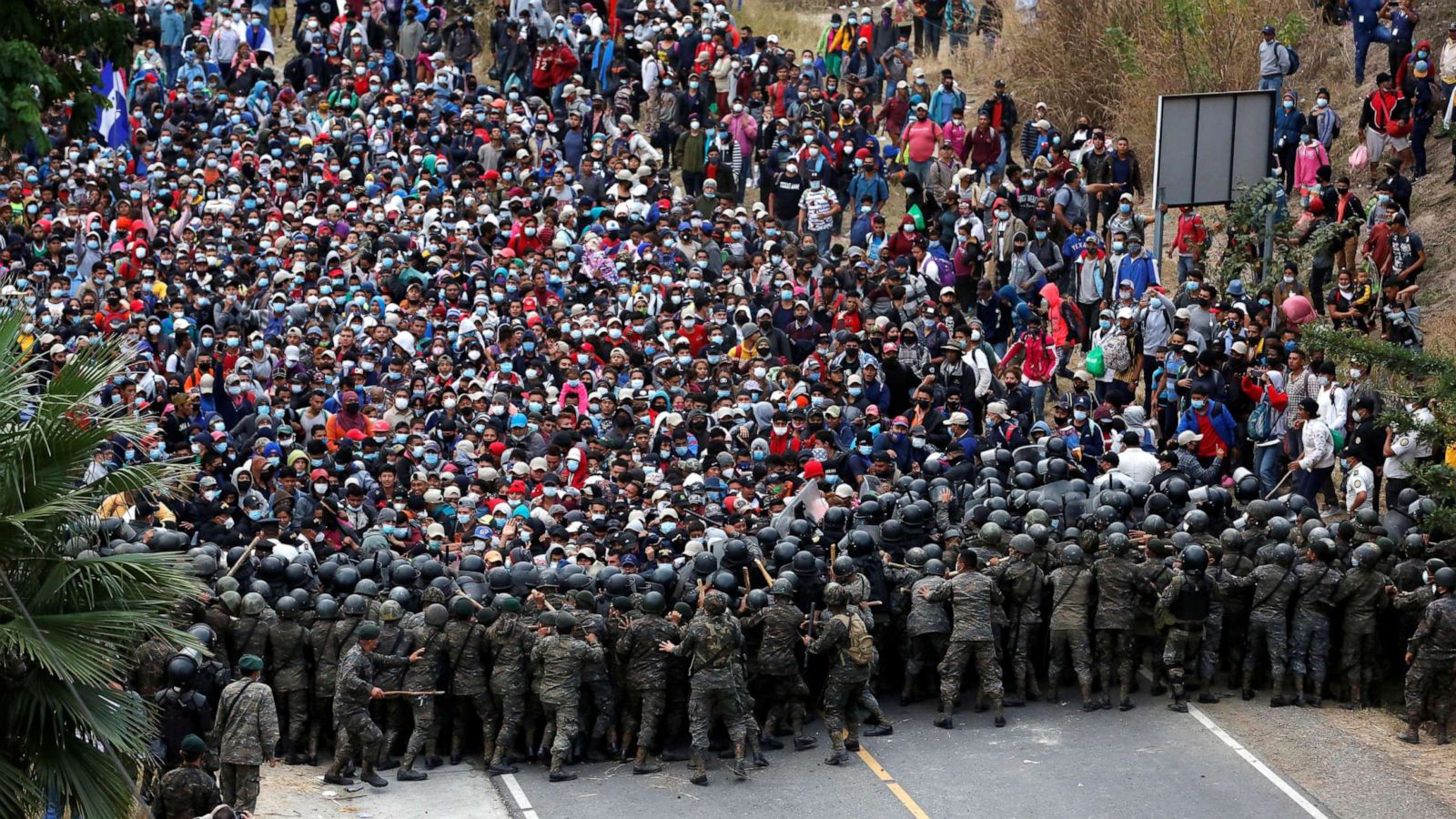

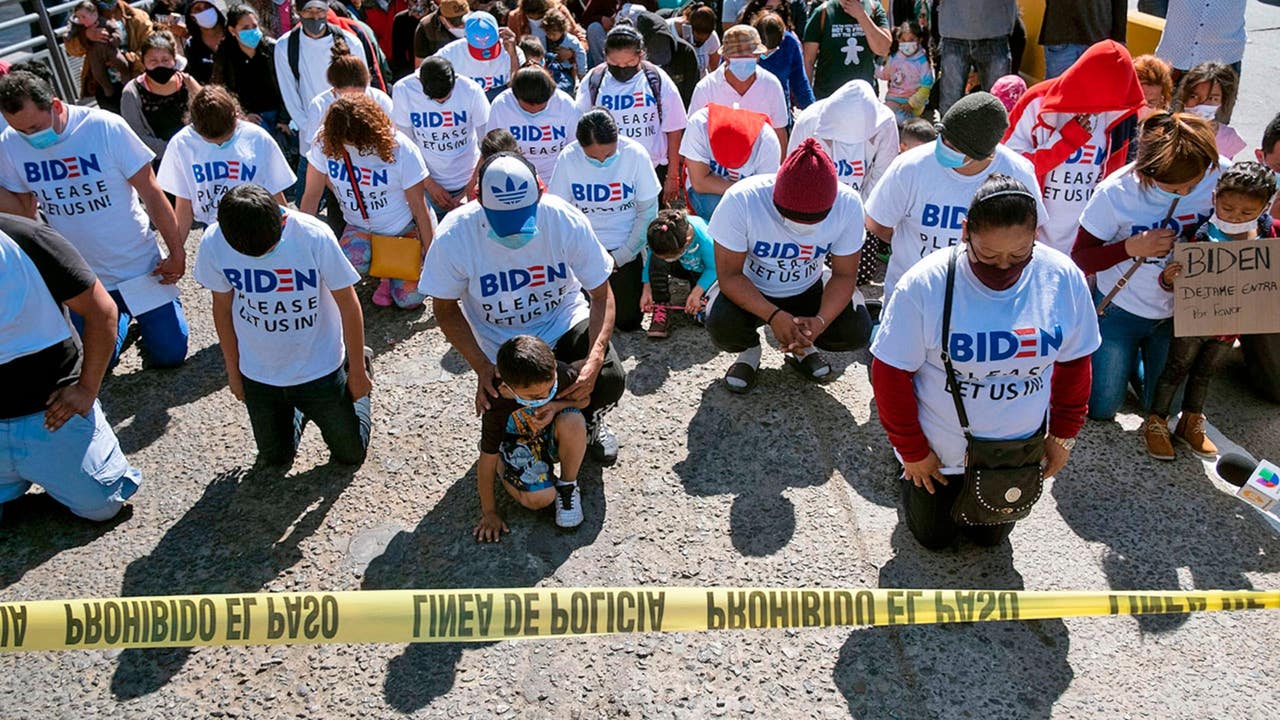
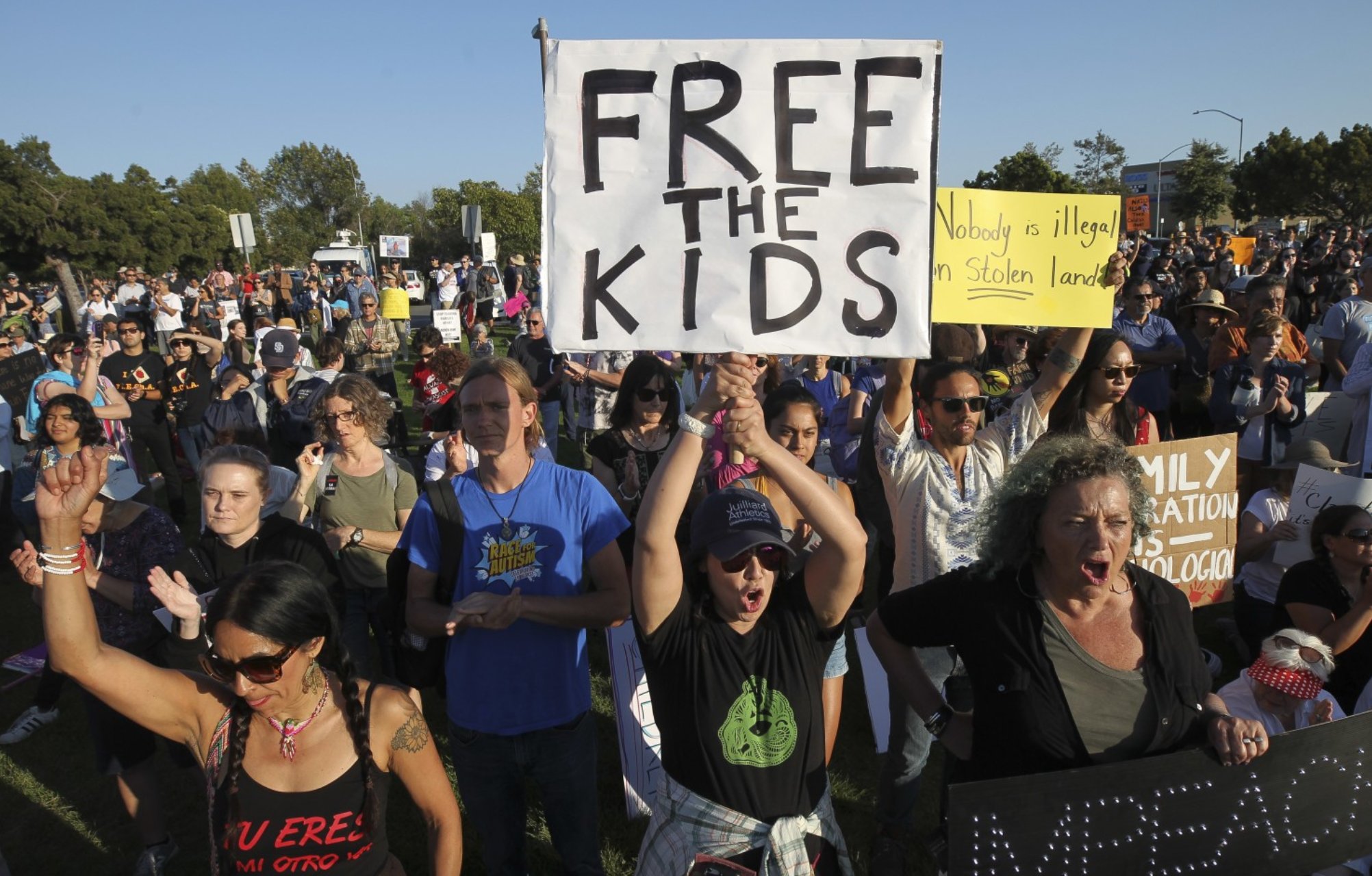

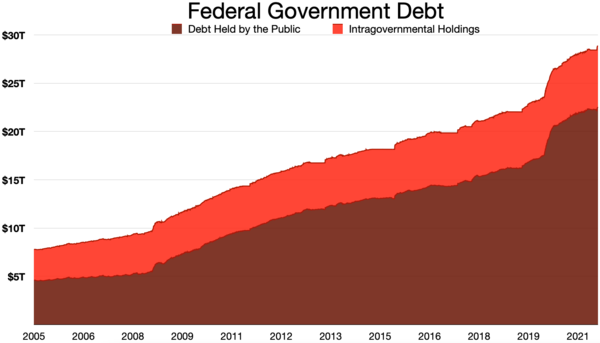







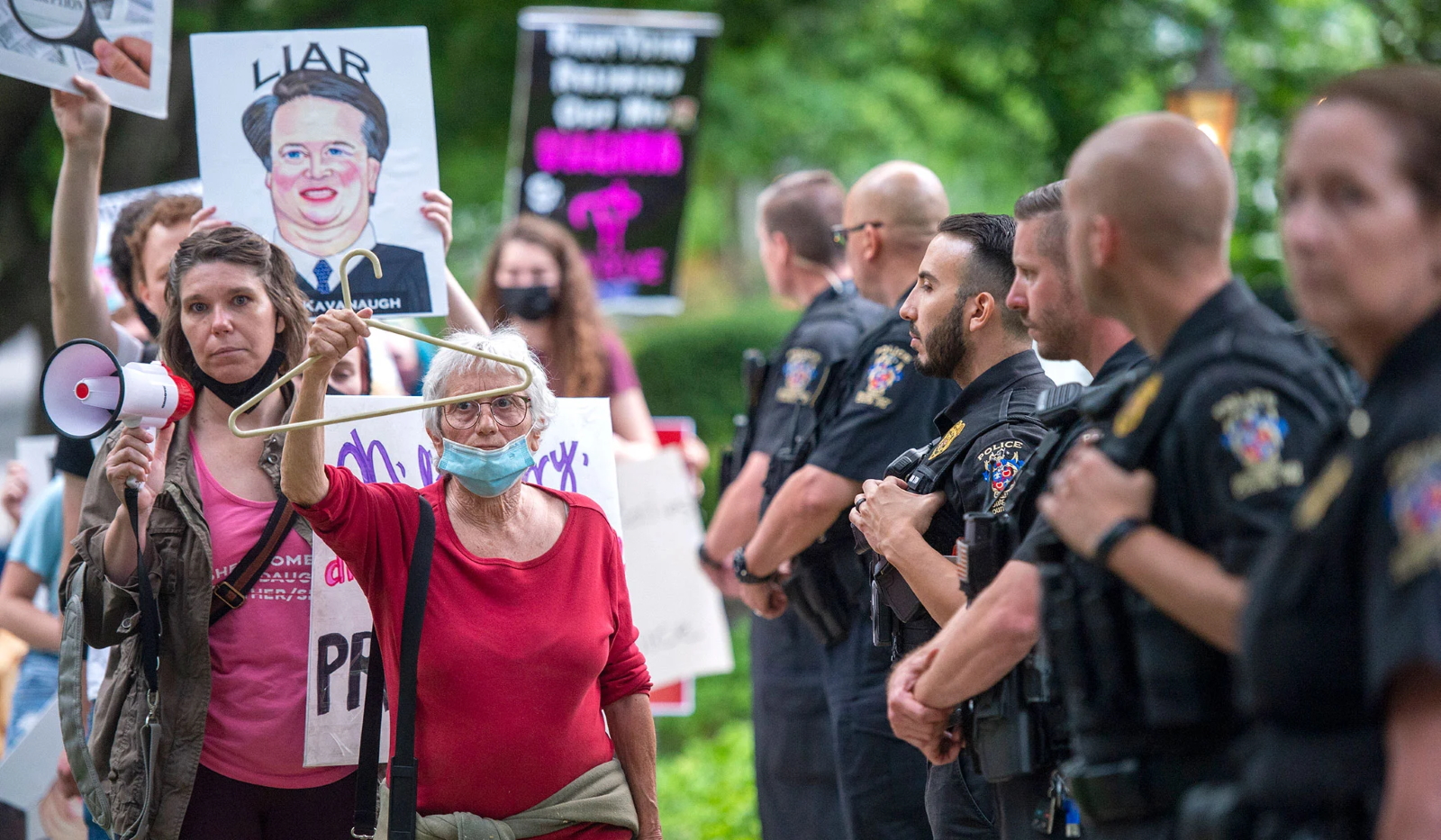
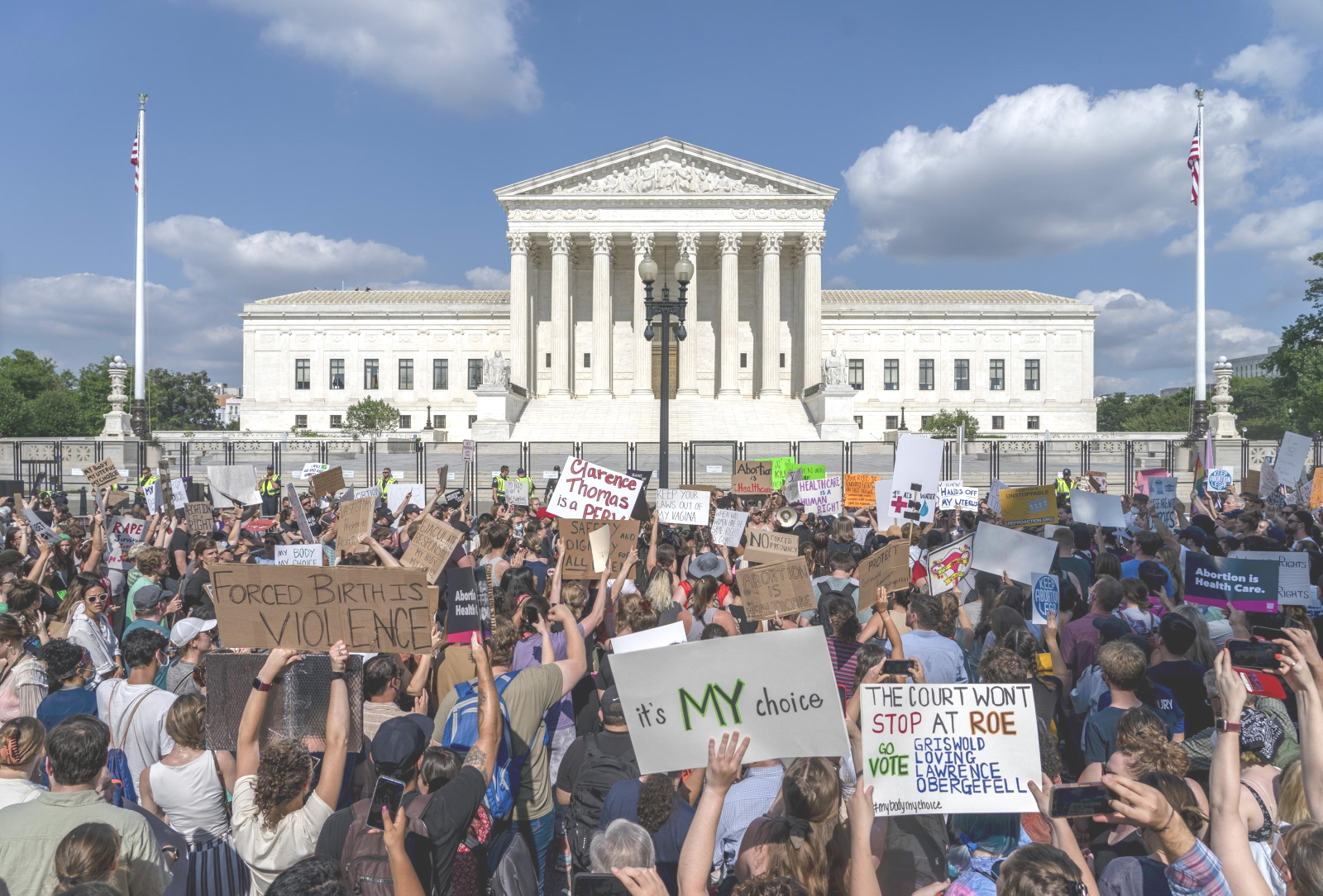
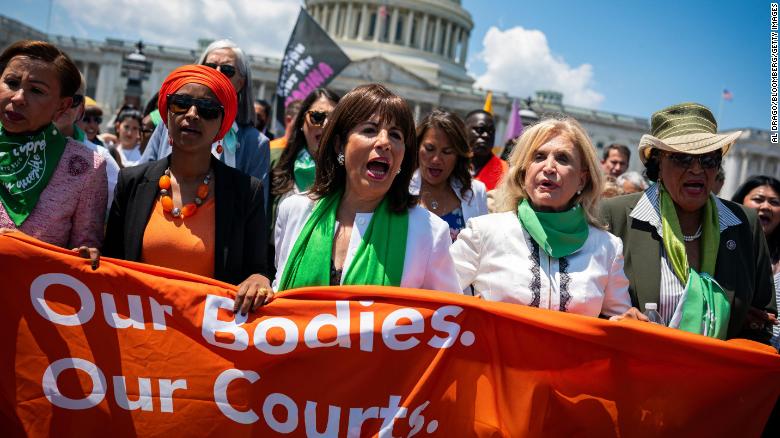
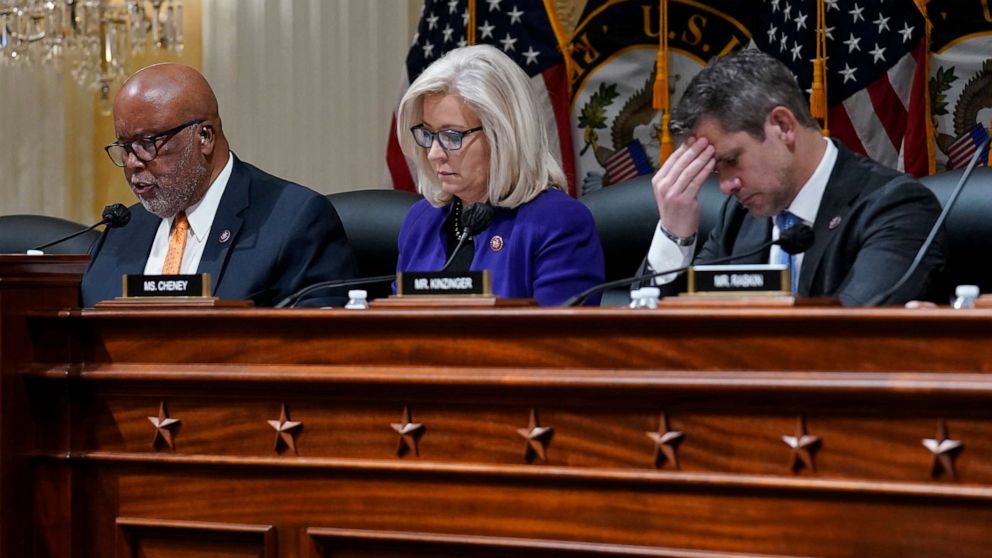
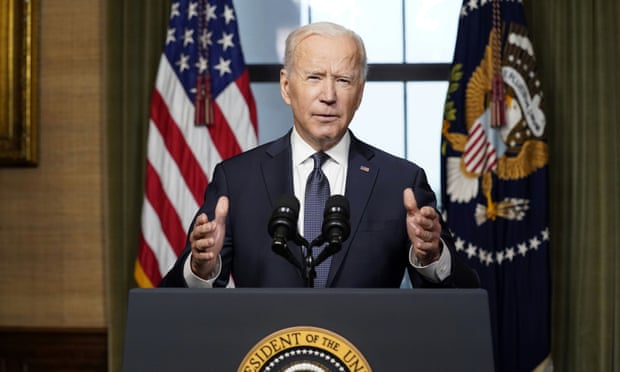
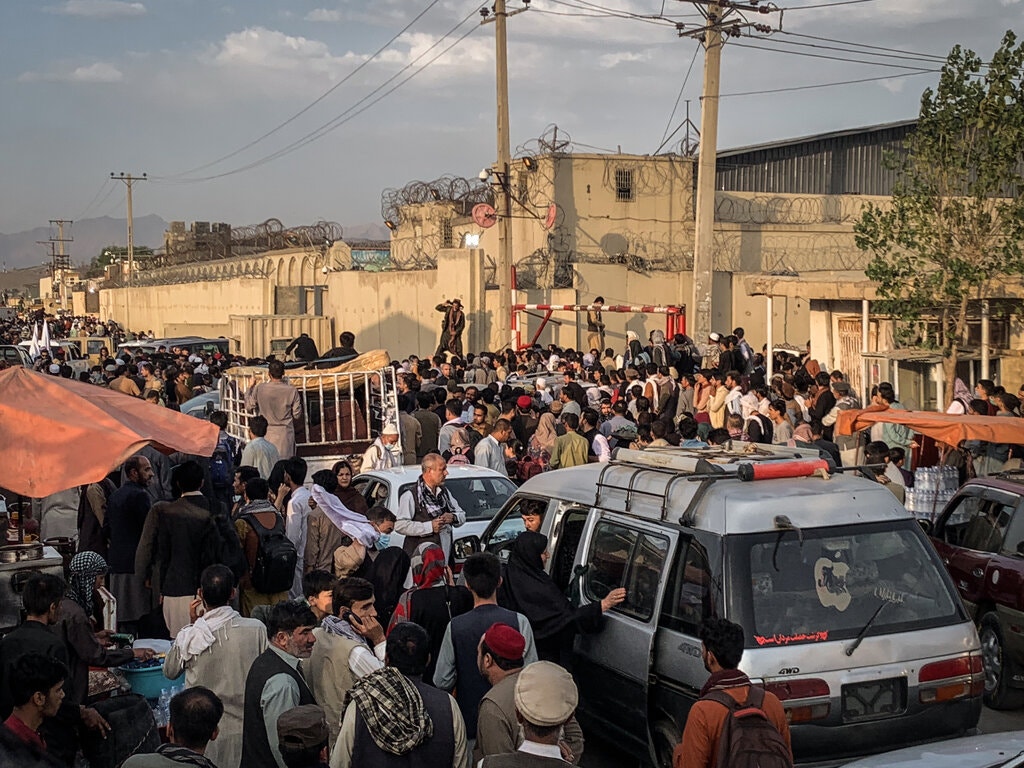






 Miles
H. Hodges
Miles
H. Hodges